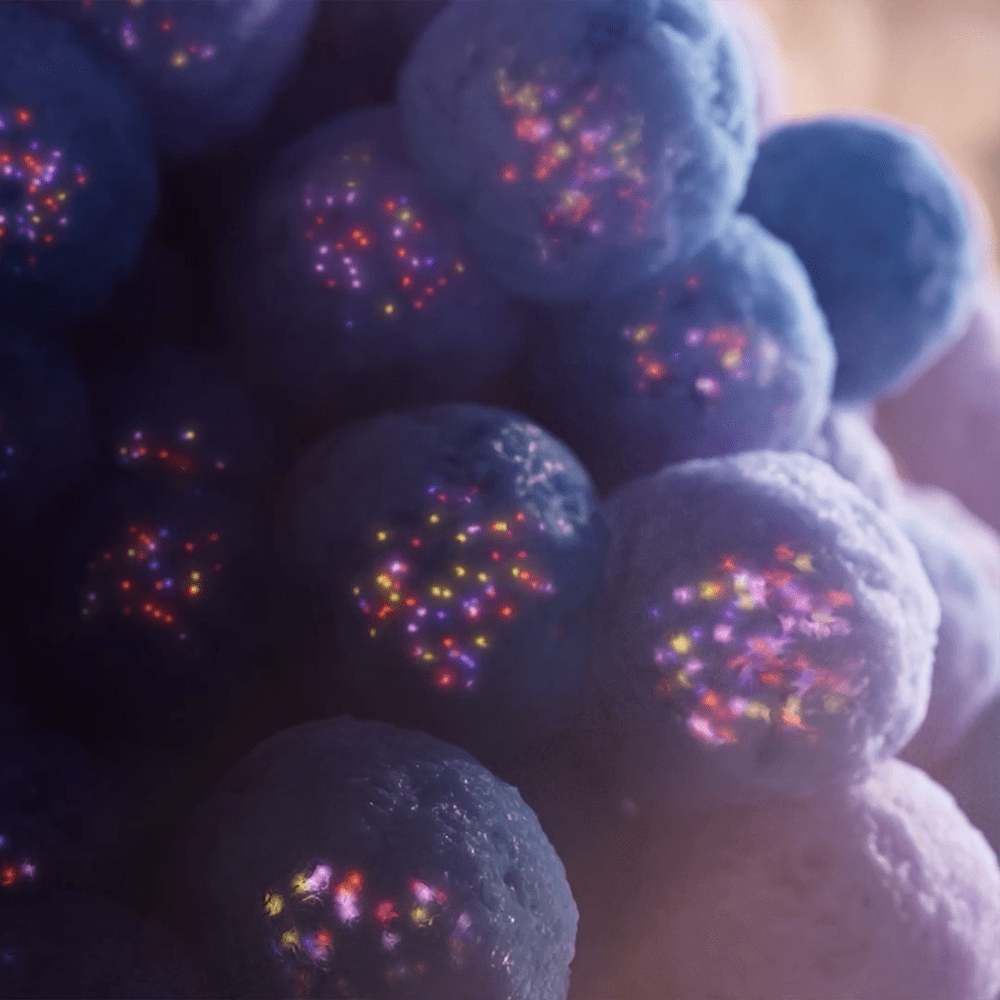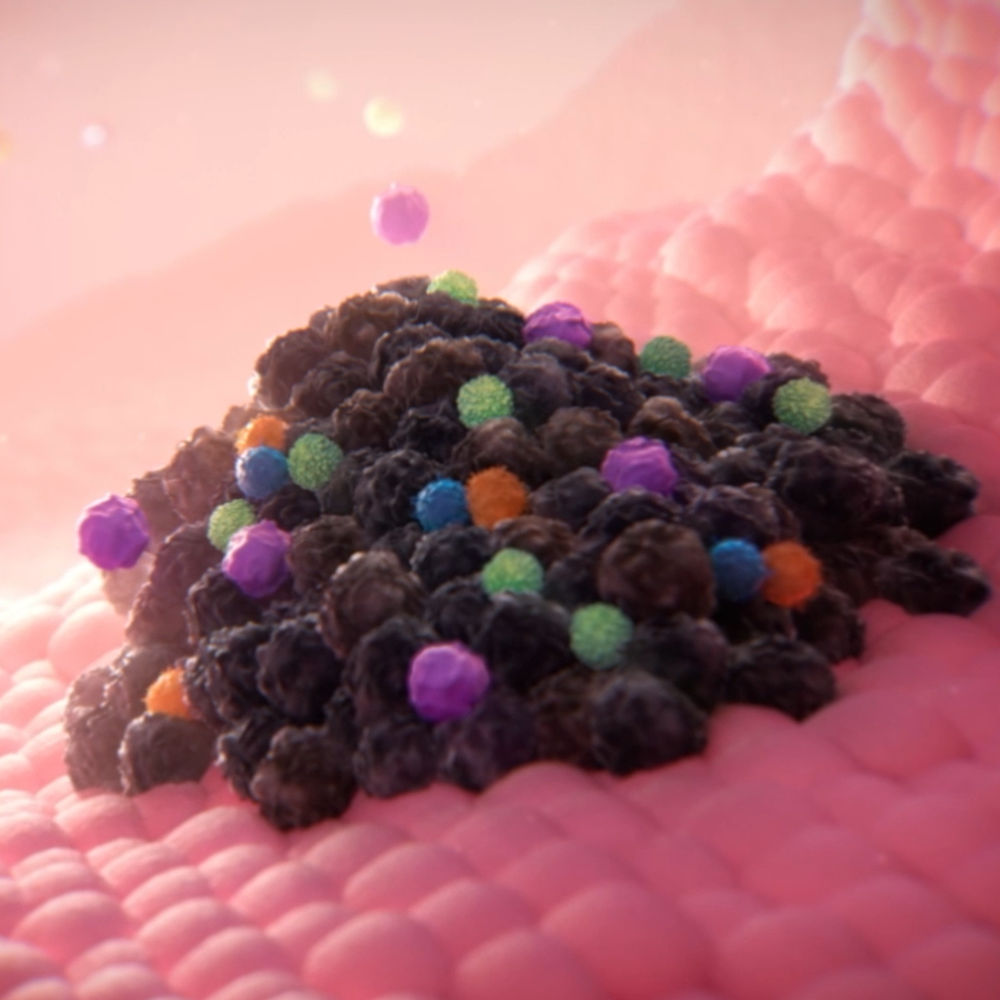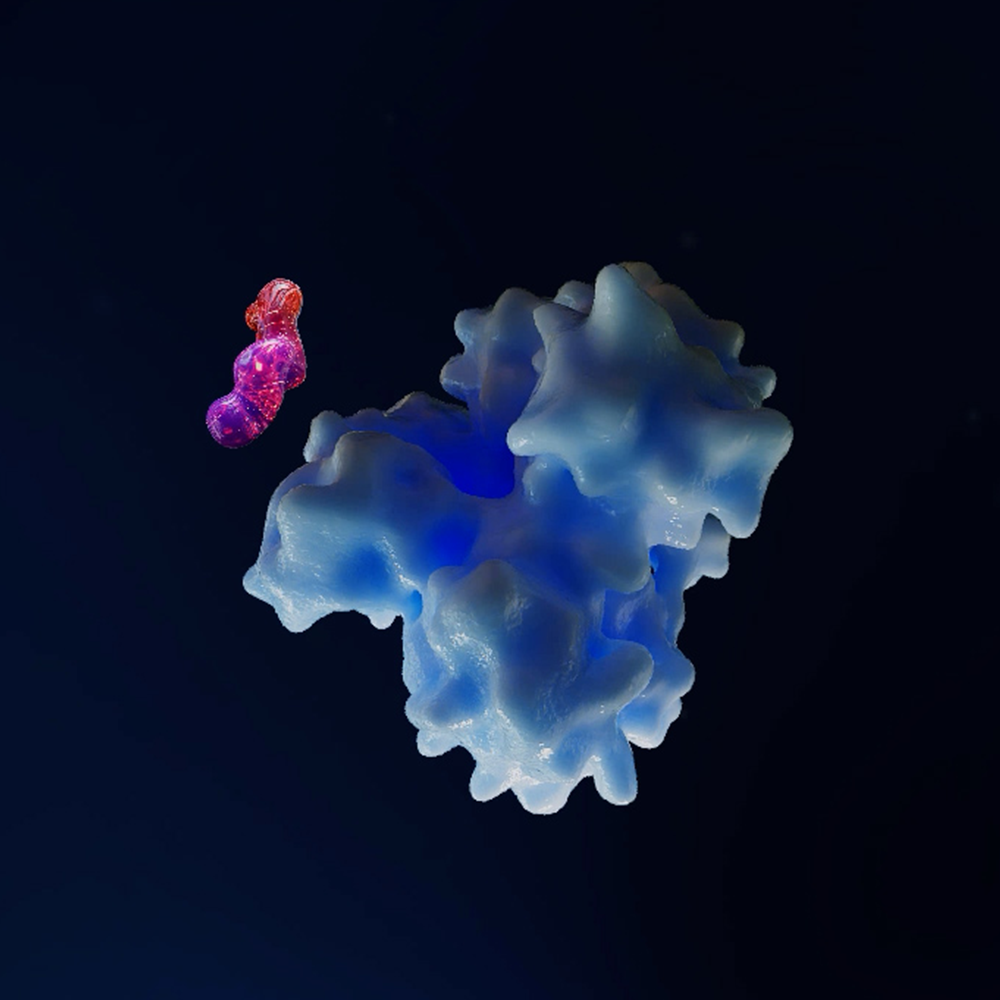As part of an ongoing partnership with BeOne Medicines (formerly BeiGene), XVIVO recently created a suite of visual tools to support their oncology pipeline, two medical animations and an interactive touchscreen experience.
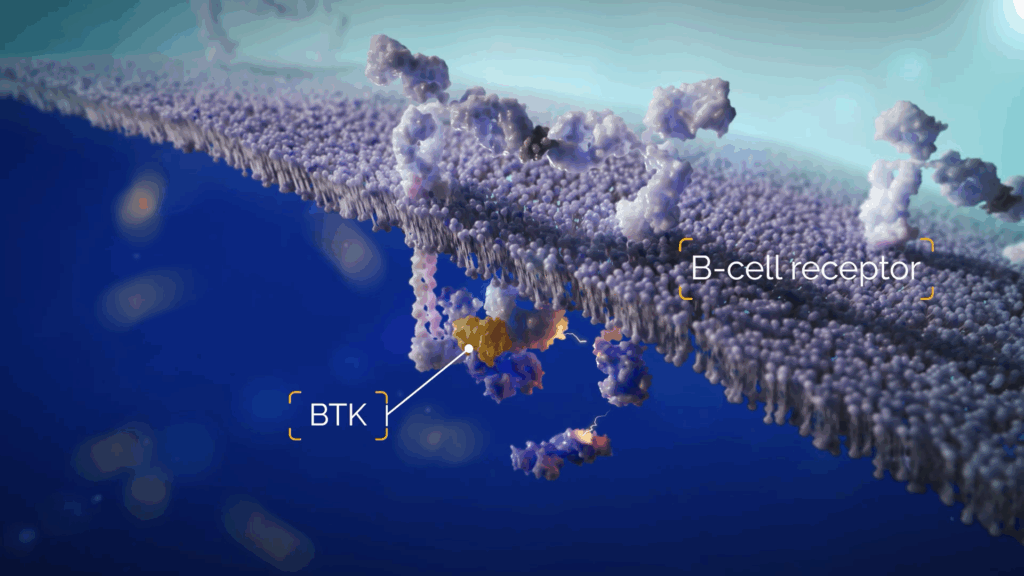
The first program in this series is a medical animation that explores the mechanism of action behind BGB-16673, an investigational BTK degrader. The animation walks viewers through each step of how BGB-16673 works, using a CDAC (chimeric degradation activating compound) approach to target and degrade both wildtype and mutant forms of BTK. From E3 ligase recruitment to proteasome-mediated degradation, every phase is brought to life with thoughtful storytelling and detailed molecular visuals.
By making this complex biology more intuitive, the animation helps BeOne communicate the potential of BGB-16673 to clinicians, researchers, and partners. It’s a clear, elegant piece that reflects the depth of BeOne’s science.
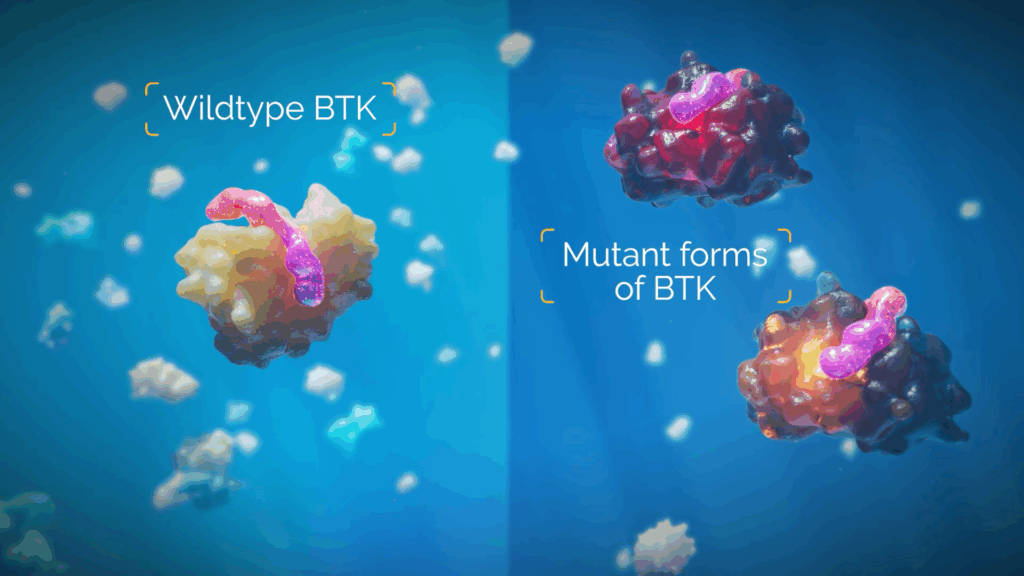
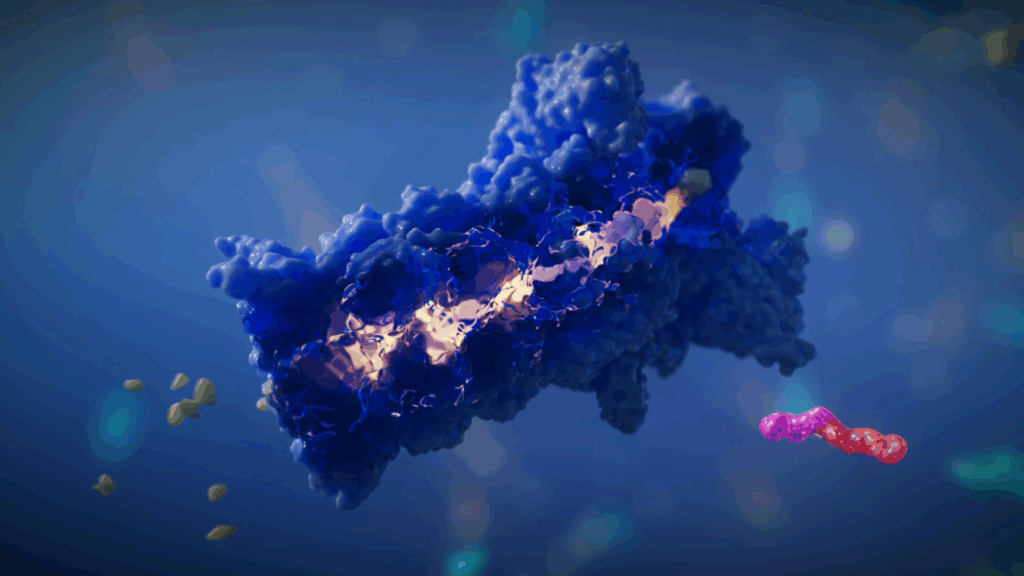
To explore other projects created for BeOne, follow these two links for additional visuals and content. CDAC Platform MOA Animation and Touchscreen Experience: “Acquired BTK Mutations and Drug Resistance”.
See how XVIVO can illuminate your science with a consultation today: https://xvivo.com/contact-us/
Related Animations
